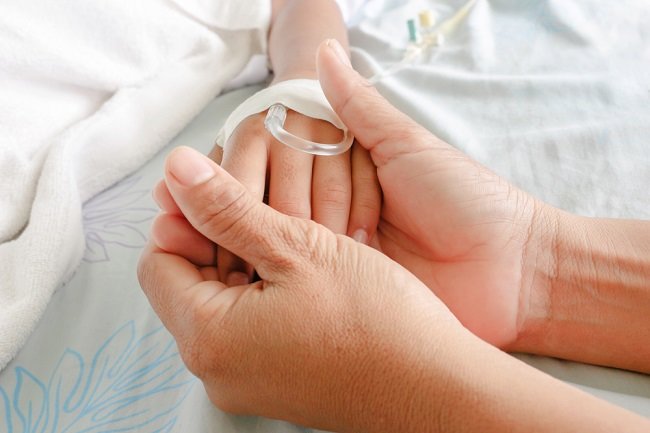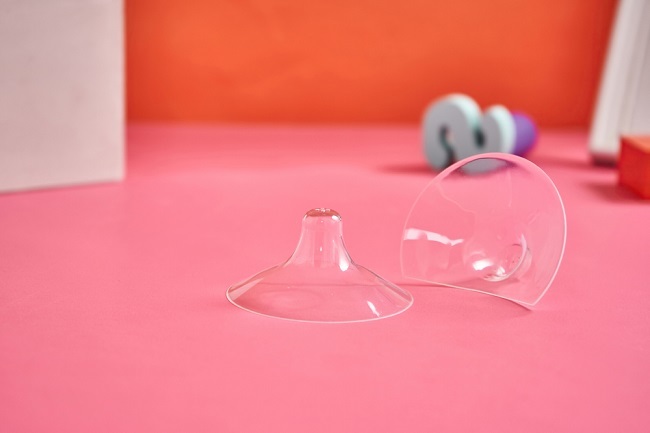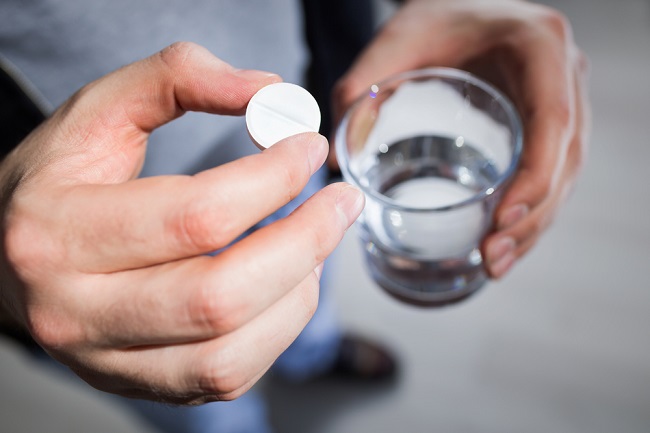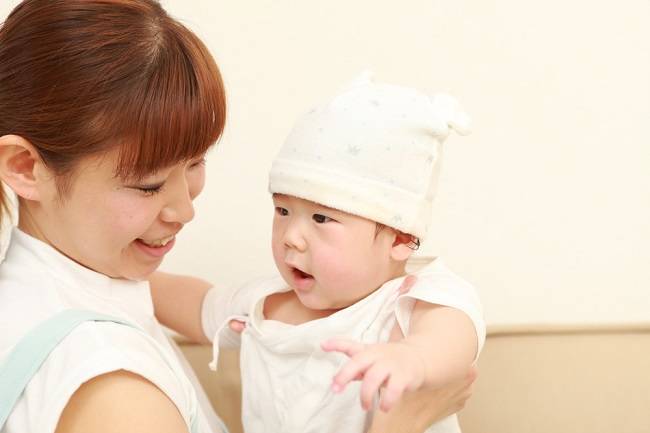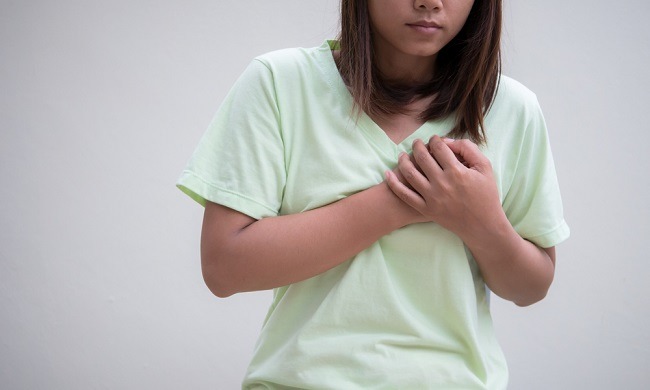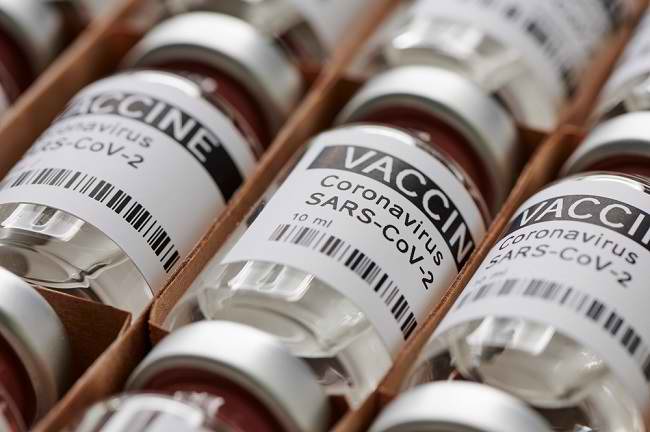The high rainfall in a number of areas in Indonesia often causes flooding. It can be trigger the emergence of a number of disease, one of which is leptospirosis.
Leptospirosis is a disease caused by bacteria Leptospira. This disease can attack humans and animals. If left untreated, leptospirosis can lead to serious complications, such as kidney or liver failure, meningitis, difficulty breathing, and bleeding.

Cases of leptospirosis usually increase after floods or in the rainy season. Because during this season, people are more likely to come into contact with dirty water that has the potential to be contaminated by animal urine, which contains germs that cause leptospirosis.
How is Leptospirosis transmitted?
A person can get leptospirosis when they come into contact with water or soil containing bodily fluids, such as urine or blood, from animals infected with the bacteria. Leptospira. The animals that can spread leptospirosis are rats, dogs, and farm animals, such as cows or pigs.
During heavy rains, animal urine on the ground and other surfaces can leach into puddles or floods. People who are exposed to this water, for example when walking through floods, are at risk of developing leptospirosis.
Signs and Symptoms of Leptospirosis
Symptoms of leptospirosis usually only appear on the 5th to 14th day after the sufferer is exposed to the bacteria Leptospira. However, symptoms may appear sooner, ie from day 2, or even later, until day 30 after exposure to the bacteria. Early symptoms of leptospirosis include:
- Fever
- Headache
- Muscle ache
- Red eye
- Throw up
- Diarrhea
- Stomach pain
- Jaundice (yellowing of the skin and eyes)
- skin rash
- Cough
Groups at Risk for Leptospirosis
In addition to residents in flooded areas, leptospirosis also often affects people who work outdoors or have regular contact with animals. In addition, this disease can also affect people with activities that involve water or soil, such as swimming, rowing, or gardening.
Several factors that can increase a person's risk for contracting leptospirosis infection are:
- Drink from potentially contaminated water sources, such as flood water, river water, or unclean tap water.
- Eating food that has been exposed to contaminated water.
- Bathing or soaking in flood water or contaminated fresh water, especially when diving or if you have an open wound on contact with water.
Steps for Prevention and Treatment of Leptospirosis
The most important way to prevent transmission of leptospirosis is to avoid contact or consumption of water that may be contaminated. If this is not possible, you can follow these steps to reduce the risk of leptospirosis infection:
- Make sure the water is safe to drink by boiling the water until it is cooked, especially if the water is taken from a source that can be contaminated with animal urine or overflowing flood water.
- Cover any cuts or abrasions on your skin with a bandage or other waterproof covering.
- Avoid swallowing, swimming or bathing in flood water or any water source that may be contaminated with animal urine or flood water spillage.
- Wear protective clothing or boots in flooded areas or soil that may be contaminated with animal urine.
- Prevent rodent attacks by storing food, water and trash in closed containers.
- Avoid eating food that may have been in contact with mice.
If you think you have symptoms of leptospirosis, consult a doctor immediately. The doctor will perform a physical examination and supporting tests, such as blood and urine tests, to confirm the diagnosis of leptospirosis.
If it is true that leptospirosis is diagnosed, the doctor will provide treatment with antibiotics. As for severe cases of leptospirosis, patients may need to be hospitalized and closely evaluated by doctors and nurses.
Written by:
dr. Nadhira Nuraini Afifa
